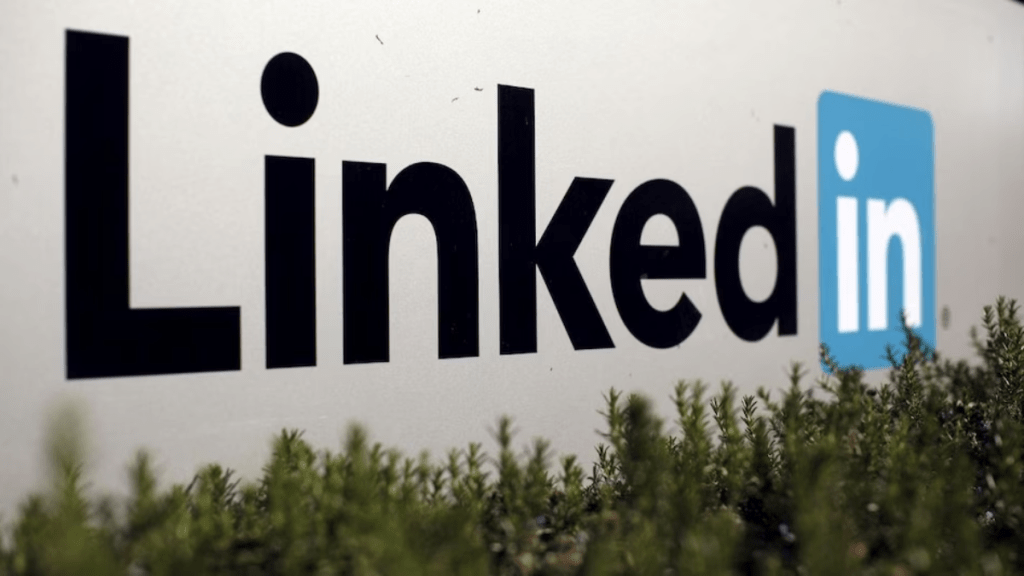With over 18,400 employees globally, LinkedIn’s current job cuts could signal a deeper transformation within Microsoft’s ecosystem.
In a fresh blow to the tech sector, LinkedIn has announced layoffs affecting 281 employees in California, impacting software engineers and managerial staff. The job cuts come as part of a broader trend of workforce reductions sweeping through Silicon Valley, adding an ironic twist as the professional networking platform—long known for helping people find jobs—now becomes the latest to slash its own.
The move follows Microsoft’s earlier announcement this month to slash 6,000 jobs globally, or about 3% of its total workforce. As a Microsoft-owned company, LinkedIn has not been spared from the broader downsizing strategy.
The cuts, communicated to affected employees on May 13, have primarily impacted software engineers, though other roles such as senior product managers and talent account directors were also eliminated. Many affected employees took to LinkedIn itself to update their status as “open to work,” turning the platform into a digital reflection of its own upheaval.
Unlike previous layoffs in 2023, when CEO Ryan Roslansky issued a personal memo addressing the departure of 716 staffers, this round has seen no official statement from LinkedIn leadership. The silence has only fueled speculation about whether more layoffs are on the horizon.
The broader trend points to a major shift in the tech industry, driven by artificial intelligence. With AI tools increasingly capable of writing code, debugging, and even suggesting product strategies, many companies are questioning how many human engineers are still necessary.
LinkedIn co-founder Reid Hoffman recently cautioned against romanticizing AI, saying, “I don’t think any AI tool today is capable of being a friend. And I think if it’s pretending to be a friend, you’re actually harming the person in so doing.” His remarks underscore the ethical and emotional complexities of AI adoption, especially as it displaces skilled professionals.
LinkedIn joins a growing list of tech firms—including Google, Meta, and Autodesk—scaling down their workforces in 2025. While some cite restructuring, others point to shifting priorities and underperformance. But a common thread across most announcements is the acceleration of AI deployment and the drive to “streamline operations.”






